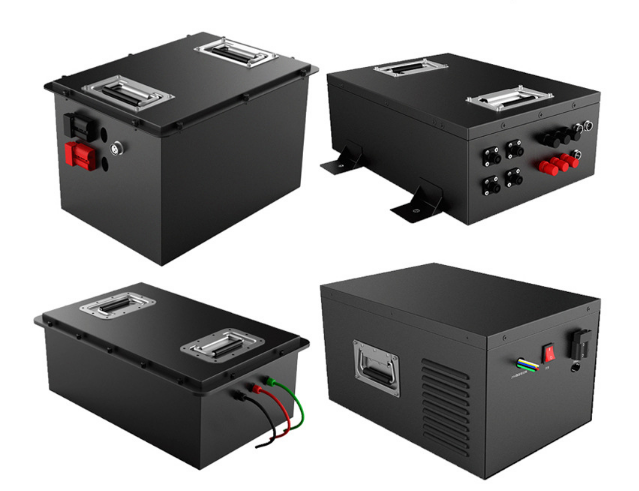What Is The Shelf Life Of A Lithium-Ion Battery In Storage?
What Is The Shelf Life Of A Lithium-Ion Battery In Storage?
The shelf life of a lithium-ion battery in storage can vary depending on several factors, including the battery's chemistry, manufacturing quality, storage conditions, and initial state of charge. However, in general, Lithium-ion batteries have a relatively long shelf life compared to other battery chemistries.
When stored under optimal conditions, such as at a moderate temperature and with a partial state of charge (typically around 40-60% of capacity), Lithium-ion batteries can retain a significant portion of their capacity for several years. The following factors influence the shelf life of Lithium-ion batteries in storage:
Temperature: High temperatures accelerate the degradation of Lithium-ion batteries, while low temperatures can cause them to self-discharge more slowly. Ideally, Lithium-ion batteries should be stored at temperatures between 0°C and 25°C (32°F to 77°F) to maximize their shelf life.
State of Charge: Storing Lithium-ion batteries at a high state of charge (i.e., fully charged) can lead to increased degradation over time. Conversely, storing them at a low state of charge (e.g., around 40-60%) helps minimize degradation. This is because high voltages and temperatures accelerate the breakdown of the battery's electrolyte.
Humidity: Excessive humidity can lead to corrosion of the battery's internal components, potentially reducing its lifespan. Storing Lithium-ion batteries in a dry environment can help mitigate this issue.
Quality of Construction: The quality of materials and construction used in the battery can also affect its shelf life. Higher-quality batteries may exhibit better long-term performance and durability.
Generally, under typical storage conditions, a Lithium-ion battery can retain approximately 80-90% of its capacity after one year of storage. However, this can vary depending on the specific circumstances. It's essential to periodically check the state of charge of stored Lithium-ion batteries and recharge them if necessary to maintain optimal performance and prolong their lifespan. Additionally, manufacturers may provide specific guidelines for storing their Lithium-ion batteries to maximize their shelf life.
Our factory is professional in customization battery 12V/24V/48V/60V.

 English
English
Home Energy Storage with Solar Panels: How Does It Work
As homeowners look for cleaner and more reliable ways to power their homes, combining solar panels with a home energy storage system has become an increasingly popular solution. This integrated approach allows households to generate, store, and use their own electricity, reducing dependence on the traditional power grid while improving energy resilience.
Read MoreCan a Home Battery System Power My House During a Blackout
Power outages caused by extreme weather, grid failures, or maintenance issues are becoming more frequent in many regions. As a result, homeowners are increasingly asking whether a home battery system can keep their house running during a blackout. The short answer is yes—but how much of your home it can power and for how long depends on several key factors.
Read MoreHow Much Does a Home Energy Storage System Cost
As energy prices fluctuate and renewable energy adoption accelerates, home energy storage systems are gaining attention from homeowners seeking greater energy independence and reliability. One of the most common questions is: how much does a home energy storage system actually cost? The answer depends on several factors, including system size, battery technology, installation requirements, and intended use.
Read More